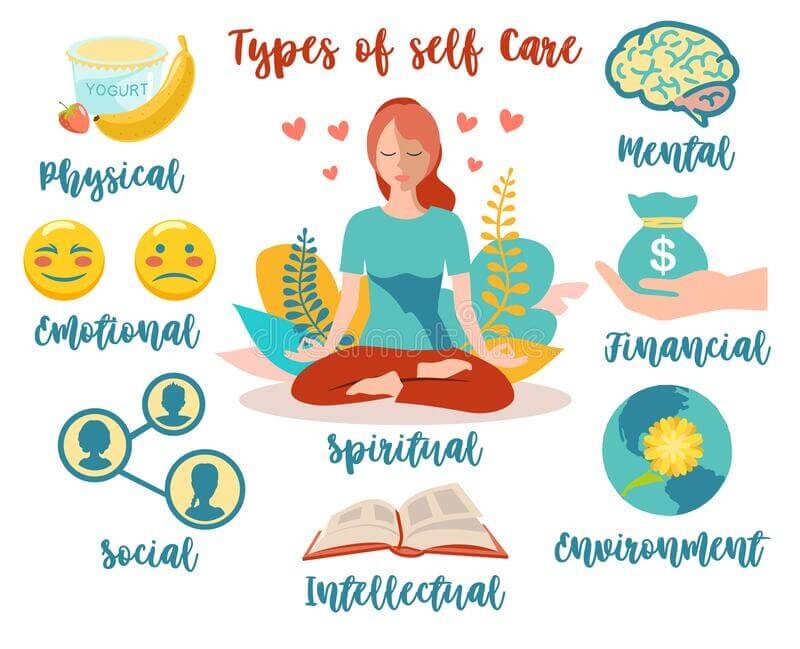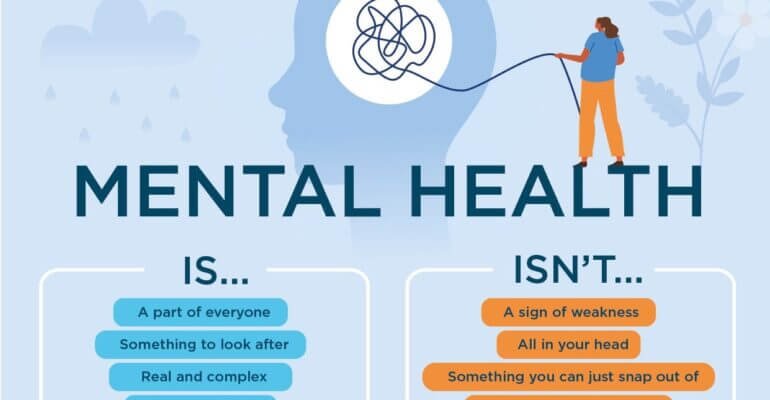Mental Health Day: How Mental Illnesses Affect Everyone
Mental health has been a trending topic lately, and not in a good way. 1 out of every 4 adults reports being diagnosed with a mental illness in their lifetime and an alarming 7% of children have been diagnosed too. The truth is, it doesn’t just affect individuals with disorders. It affects society as a whole. There are many people who live with mental illnesses – they’re everywhere. Everyone has had struggles or experienced something that impacts mental health – but it’s time to recognize the need for change so that everyone can be well.
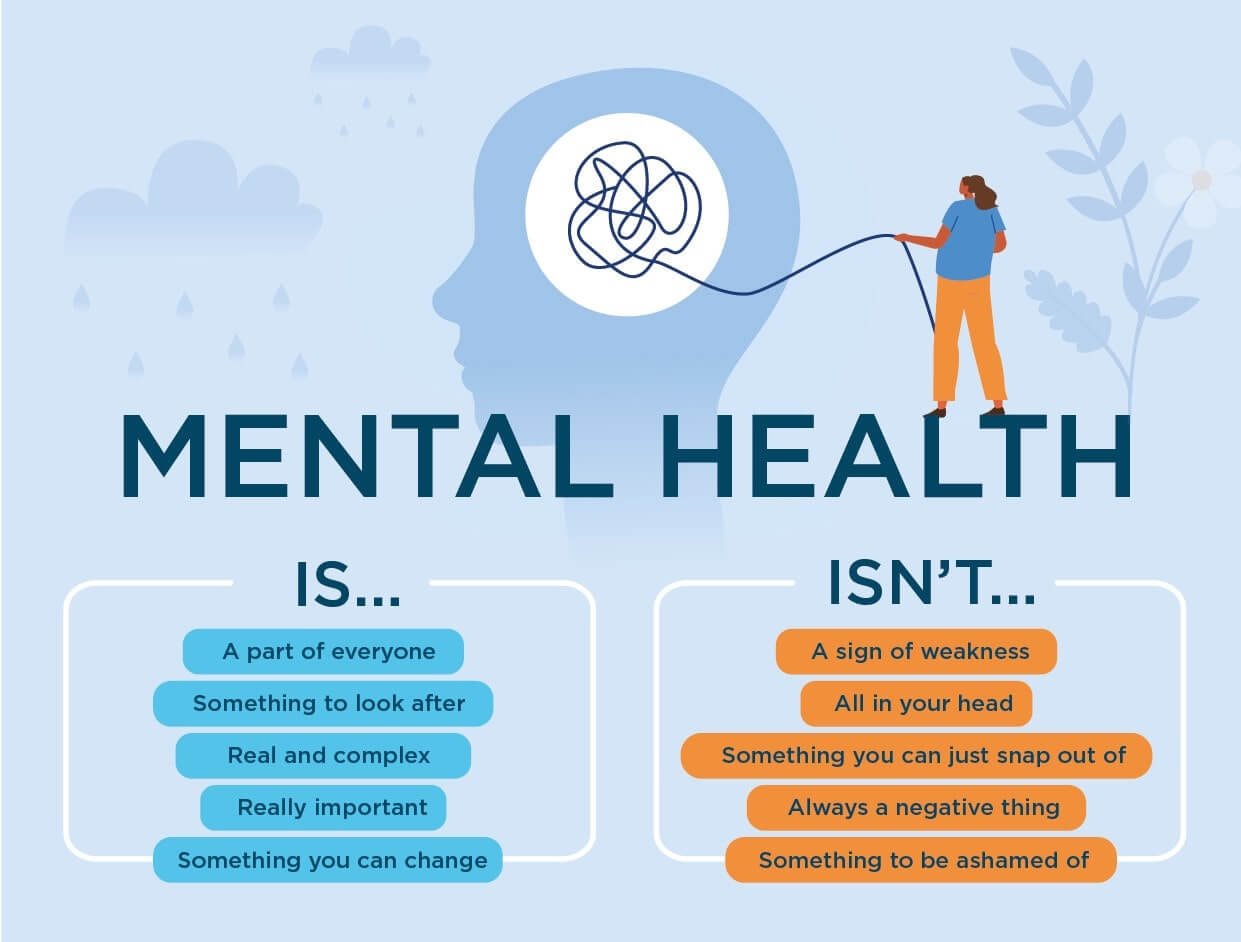
Mental Health Denial: Treatments and How to Cope
Mental health denial is a common problem among those who suffer from mental illness. Mental health denial can make it difficult to get help and support from family, friends, and professionals. Without treatment, mental illness can lead to serious problems such as homelessness, unemployment, and suicide. There are many ways to cope with mental health denial. Here are some tips:
- Acknowledge that you have a problem. This is the first and most important step in getting help. Without acknowledgement, it will be difficult to convince others that you need help.
- Seek professional help. A therapist can help you work through your denial and provide much-needed support.
- Lean on your loved ones. Family and friends can be a great source of strength and support during this difficult time.
- Be patient with yourself. Mental health denial can be a stubborn problem, but with time and effort, it can be overcome.
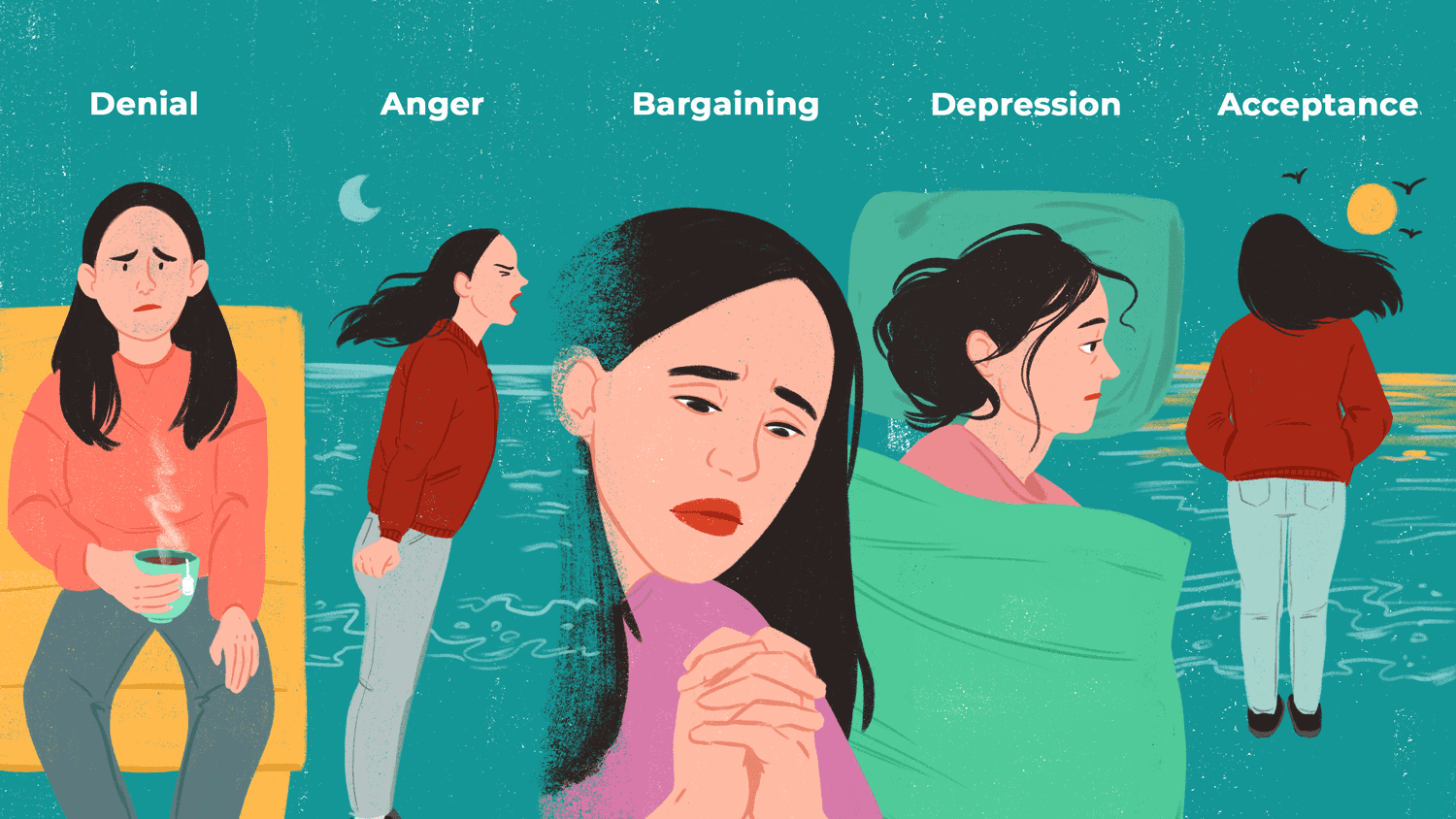
Is Mental Illness Actually Real?
Mental illness is a real and serious health condition that can have a profound effect on an individual’s thoughts, emotions, and behavior. Mental illnesses are caused by a complex interaction of factors, including biological, psychological, and social factors.
Mental illnesses are common, affecting one in five adults in the United States each year. One in 17 Americans lives with a serious mental illness, such as schizophrenia or bipolar disorder. Mental illnesses can be debilitating and often lead to other chronic health problems.
People with mental illnesses often experience discrimination and stigma. The negative attitudes and beliefs about mental illness can make it harder for people to seek treatment and recovery. It is important to remember that mental illness is not a choice or something that someone can just “snap out of.” Mental illness is real and should be treated with compassion and understanding.
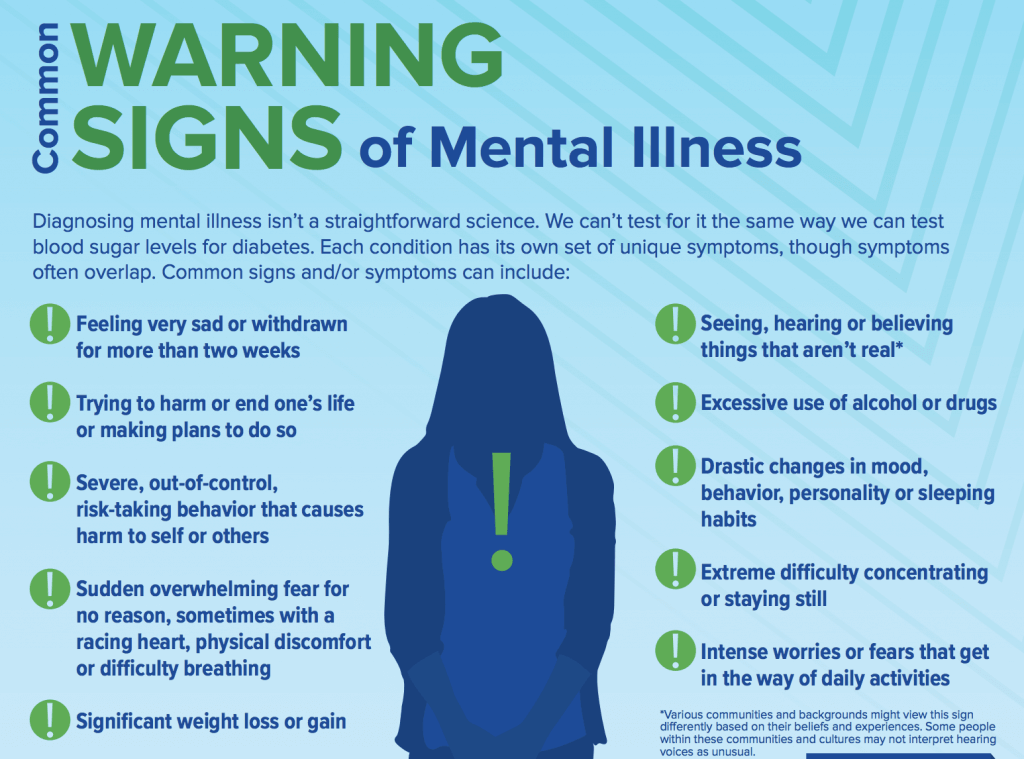
Mental Illnesses Break the Norm
Mental illnesses are often seen as taboo topics that should be kept hidden away from society. However, mental health is something that should be talked about more openly. Mental illnesses affect everyone, not just those who suffer from them.
Mental illnesses can cause a great deal of stress and anxiety for both the sufferer and their loved ones. It can be difficult to understand what someone is going through when you haven’t experienced it yourself. This is why it’s so important to educate yourself on mental health and learn about the different disorders that exist.
The more we open up about mental illness, the more we can help those who suffer from them. We can provide support and understanding, which can make all the difference in the world.
OCD, Anxiety and Depression
OCD, anxiety and depression are all mental illnesses that can have a significant impact on a person’s life. OCD is a type of anxiety disorder that is characterized by obsessions (intrusive thoughts, images or urges) and compulsions (repetitive behaviors or mental acts that a person feels they must do to relieve the anxiety caused by the obsessions). Anxiety disorders are the most common type of mental illness, and can often lead to depression. Depression is a mood disorder that is characterized by low mood, loss of interest in activities, fatigue, changes in appetite and sleep patterns, and difficulty concentrating. Mood disorders like depression can also lead to anxiety.
Finding Comfort in Others Who Are Hurt in Similar Ways
No one is immune to mental illness. It can affect anyone, at any time, no matter their age, race, or gender. Mental illness doesn’t discriminate.
This is why it’s so important to find comfort in others who are hurt in similar ways. When we’re going through a tough time, it can be helpful to know that we’re not alone. We can take comfort in knowing that there are others out there who understand what we’re going through.
If you’re struggling with a mental illness, reach out to someone you trust and tell them what’s going on. It’s okay to ask for help. You don’t have to go through this alone.
